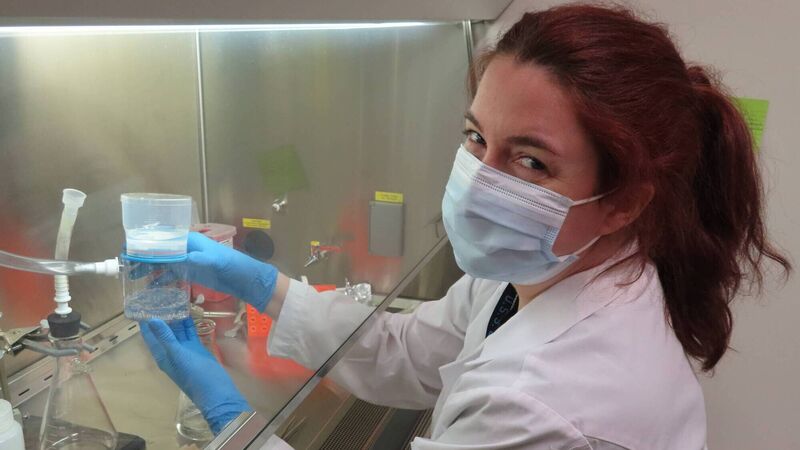I'm a Dublin scientist and I discovered a new Covid strain in the sewers of New York

Irish microbiologist Davida Smyth believes mass vaccination on a scale similar to that for polio is the only way we can continue to live with Covid-19.
When Irish microbiologist Davida Smyth signed up for Twitter, she may never have expected to be an ardent follower of a “Covid poops” account.
The global dashboard @COVIDPoops19 is a platform for “all things wastewater” and Sars-CoV-2, and has proved to be an invaluable communication tool for scientists such as her.








